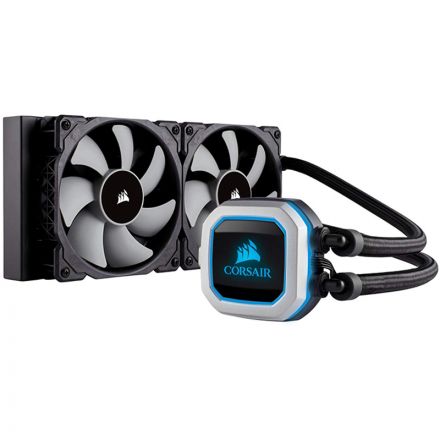This website uses cookies to ensure you get the best experience on our website. Read more

When it comes to building a gaming PC, one of the most crucial decisions you'll face is choosing the right CPU brand. Two prominent players in the market, AMD and Intel, offer competitive processors tailored for gaming. Each brand brings its unique strengths and features to the table. In this blog post, we will compare AMD and Intel CPUs, helping you make an informed decision about which brand is right for your gaming needs.
Performance and Gaming Capabilities:
AMD Ryzen: AMD's Ryzen processors have gained significant popularity in recent years. They offer excellent multi-threaded performance, making them suitable for tasks beyond gaming, such as content creation and streaming. Ryzen CPUs often provide better value for money compared to their Intel counterparts, offering higher core counts and competitive single-core performance.
Intel Core: Intel's Core processors have long been known for their strong single-threaded performance, which is vital for gaming. While they might have fewer cores compared to AMD Ryzen, Intel CPUs excel in tasks that rely heavily on single-core performance. This makes them an excellent choice for gamers who prioritize high frame rates and gaming responsiveness.
Overclocking and Cooling:
AMD Ryzen: AMD has made significant strides in overclocking capabilities with its Ryzen CPUs. Most Ryzen processors are unlocked, allowing users to overclock them for additional performance gains. Additionally, AMD CPUs tend to run cooler, which can be advantageous for maintaining lower temperatures during extended gaming sessions.
Intel Core: Intel's Core processors also support overclocking, particularly the "K" series CPUs. Overclocking an Intel CPU can yield substantial performance improvements, especially in single-threaded applications. However, Intel CPUs generally tend to run hotter compared to their AMD counterparts, necessitating efficient cooling solutions.
Price and Affordability:
AMD Ryzen: AMD's Ryzen CPUs often offer better value for money compared to Intel's offerings. In general, you can obtain higher core counts and multithreaded performance at a lower price point with AMD CPUs. This makes them an attractive option for budget-conscious gamers who require excellent multitasking capabilities.
Intel Core: Intel CPUs, especially those with high single-threaded performance, are typically priced higher compared to AMD's offerings. If you prioritize pure gaming performance and are willing to pay a premium for the best single-threaded performance, Intel CPUs might be the preferred choice for you.
Compatibility and Ecosystem:
AMD Ryzen: AMD's Ryzen CPUs are compatible with the AM4 socket, which offers a good degree of backward and forward compatibility. This means that you can potentially upgrade your CPU without having to change your motherboard, making it a convenient option for future upgrades.
Intel Core: Intel's Core CPUs have historically seen more frequent changes in socket compatibility, meaning that upgrading to a newer generation CPU often requires a motherboard change. However, Intel CPUs have a robust ecosystem and enjoy excellent compatibility with various software and gaming optimizations.
Conclusion:
Choosing between AMD and Intel for your gaming CPU ultimately depends on your specific needs and priorities. AMD Ryzen processors are well-suited for multitasking and content creation tasks, offering excellent value for money. On the other hand, Intel Core CPUs excel in single-threaded performance, making them ideal for gamers who prioritize high frame rates and gaming responsiveness. Consider factors such as performance requirements, budget, overclocking capabilities, and future upgradability to make an informed decision. Regardless of your choice, both brands offer powerful CPUs that can deliver an exceptional gaming experience.















